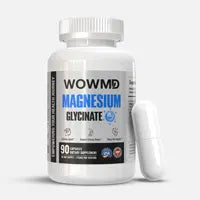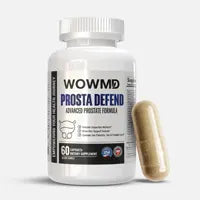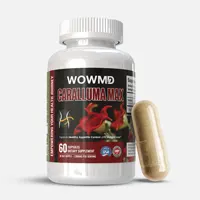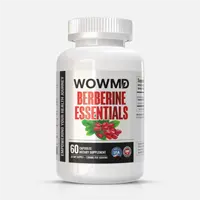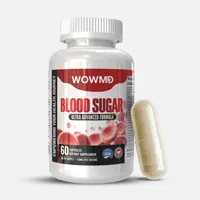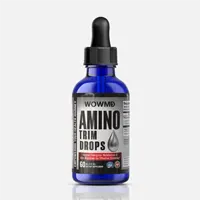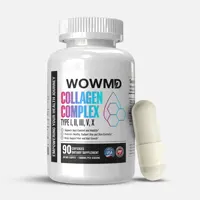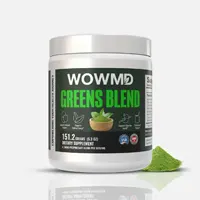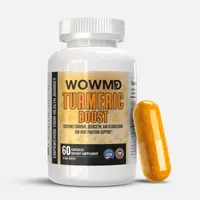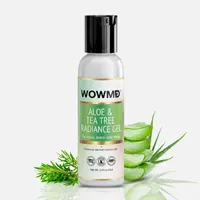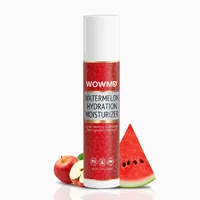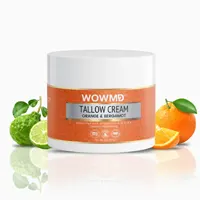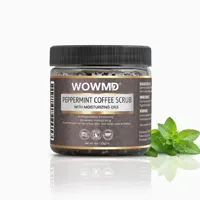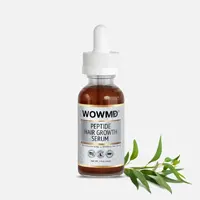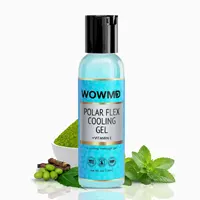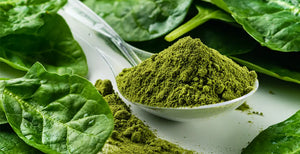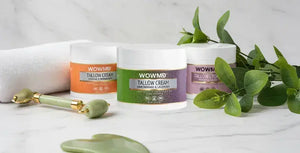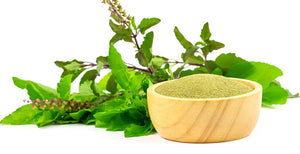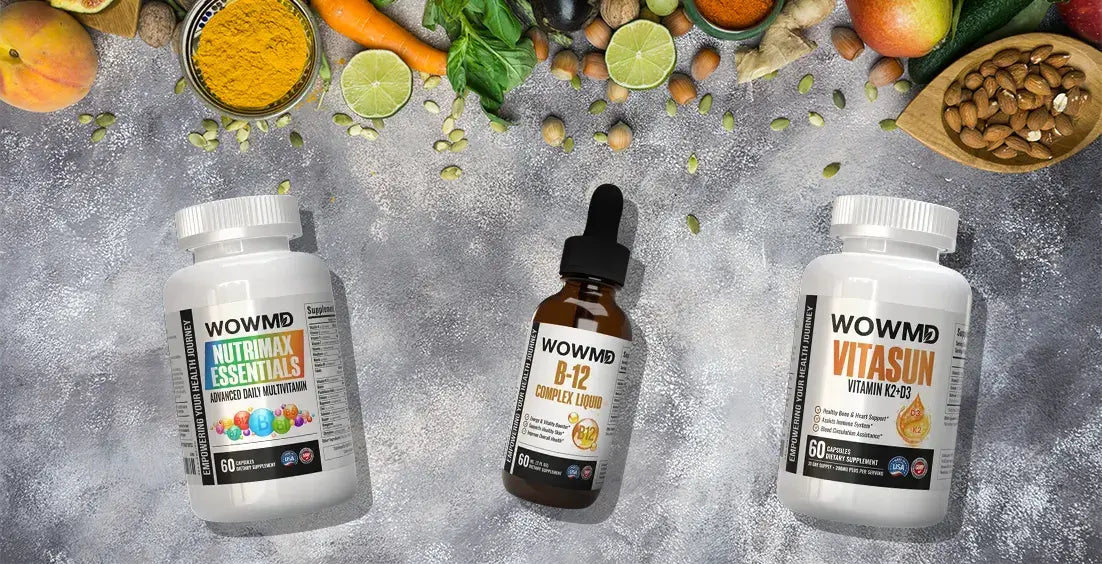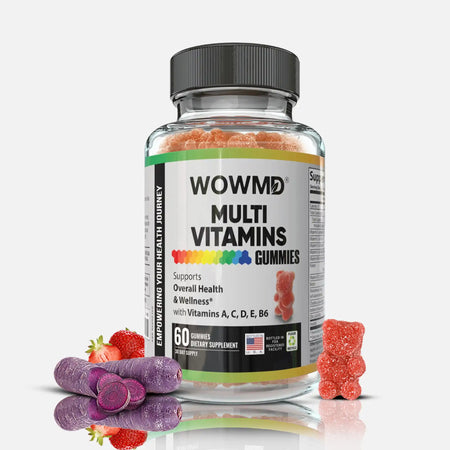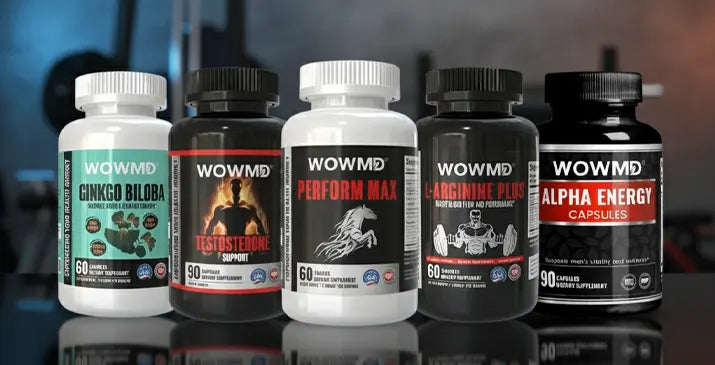Top 9 Plant-Based Supplements: A Guide for Vegans and Vegetarians
Ensure optimal health on a plant-based diet with essential vegan and vegetarian supplements like B12, iron, and omega-3. Learn how to meet your nutritional needs naturally!
Advertiser Disclosure: WOWMD independently vets all recommended products. If you purchase a featured product, we may be compensated. Learn why you can trust us.
You May Also Like
Popular Stories
- Superfood Greens Powder Uses & Recipes
- The Best Beef Tallow Products for Radiant Skin: A 2026 Guide
- Holy Basil : Ayurveda’s Herb for Balance, Immunity & Everyday Calm
- Best Gel Moisturizers for Hydration & Skin Care in 2026
- 7 Best Effective Supplements for Improving Bladder and Prostate Health in 2026
- 4 Best Cooling Gels for Skin and Body: Instant Refreshment and Relief
References
WOWMD follows strict sourcing guidelines to ensure the accuracy of its content, outlined in our editorial policy. We use only trustworthy sources, including peer-reviewed studies, qualified experts, and information from top institutions.
- The Importance of Vitamin B12 For Individuals Choosing Plant-Based Diets: https://pmc.ncbi.nlm.nih.gov/articles/PMC10030528/
- Is Vitamin D Important in Anxiety or Depression? What Is the Truth? https://pmc.ncbi.nlm.nih.gov/articles/PMC9468237/
- Effect of Vegetarian Diets on Zinc Status: A Systematic Review and Meta-Analysis of Studies in Humans: https://pubmed.ncbi.nlm.nih.gov/23595983/
- https://www.vegetariantimes.com/plant-based-101/8-supplements-every-plant-based-eater-should-consider/
- The Importance of Vitamin K for Bone Metabolism: https://pmc.ncbi.nlm.nih.gov/articles/PMC6040265/
- Selenium as an Antioxidant: Roles and Clinical Applications in Critically Ill and Trauma Patients: https://pmc.ncbi.nlm.nih.gov/articles/PMC11939285/
 Alpha Man Power Pack
Alpha Man Power Pack All-Day Fat Burn Trio
All-Day Fat Burn Trio Better Immunity Bundle
Better Immunity Bundle  Calm & Sleep Duo
Calm & Sleep Duo Cognitive Health & Vision Combo
Cognitive Health & Vision Combo Complete Weight Loss Bundle
Complete Weight Loss Bundle Core Vitality Trio
Core Vitality Trio Energy Booster Combo
Energy Booster Combo Focus Fuel Trio
Focus Fuel Trio Glow & Balance Duo
Glow & Balance Duo Health Balance Trio
Health Balance Trio Heart Care Bundle
Heart Care Bundle Joint Health Support Combo
Joint Health Support Combo Men's Immunity & Prostate Health Bundle
Men's Immunity & Prostate Health Bundle Metabolism Boost Duo
Metabolism Boost Duo Natural Skin Care Bundle
Natural Skin Care Bundle Peak Performance Duo
Peak Performance Duo Relax & Recharge Duo
Relax & Recharge Duo Skin Detoxification Bundle
Skin Detoxification Bundle Smart Energy Trio
Smart Energy Trio Stress + Energy + Wellness Combo
Stress + Energy + Wellness Combo  Total Burn Ignite Trio
Total Burn Ignite Trio Total Harmony Pack
Total Harmony Pack Workout Supplements Combo
Workout Supplements Combo